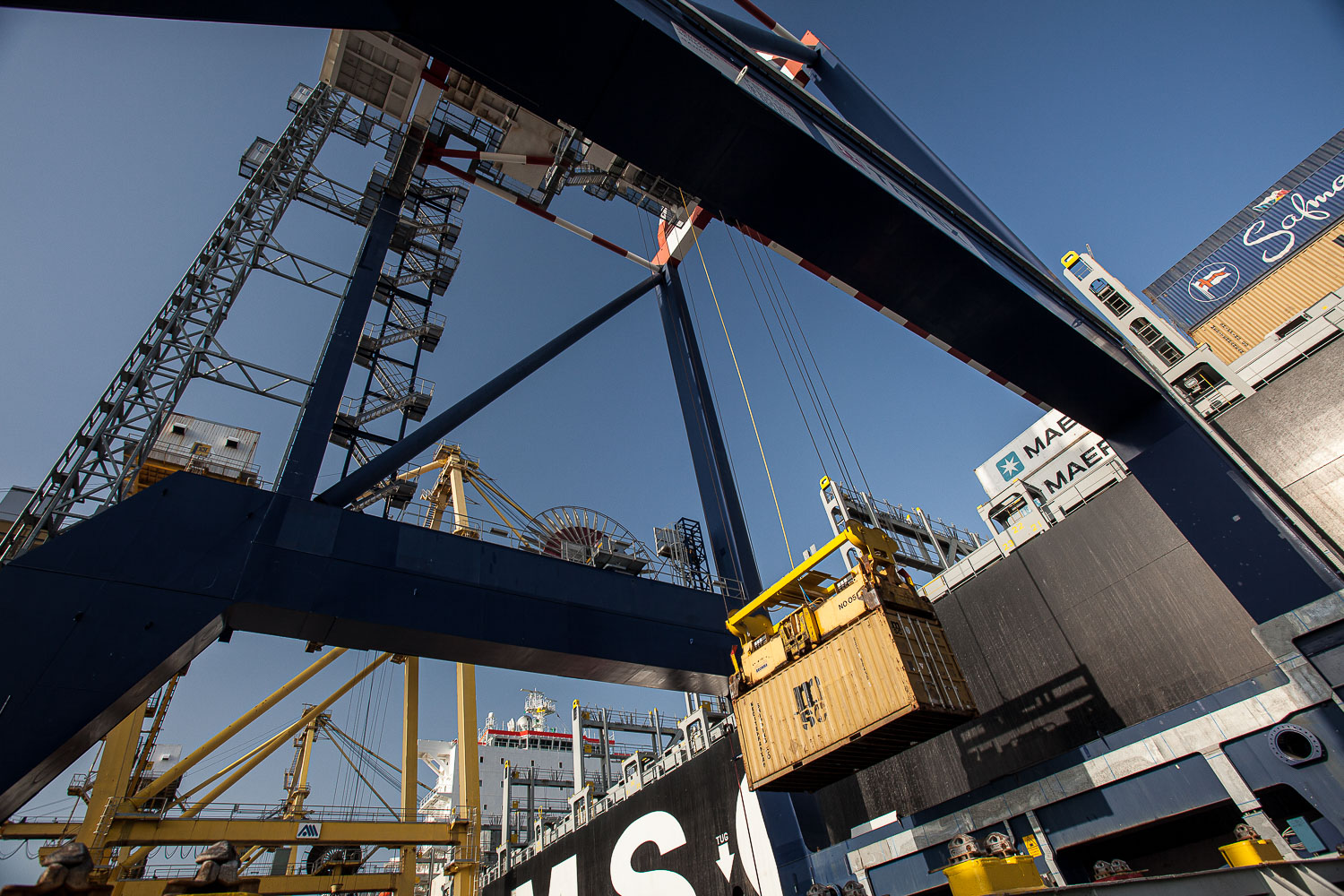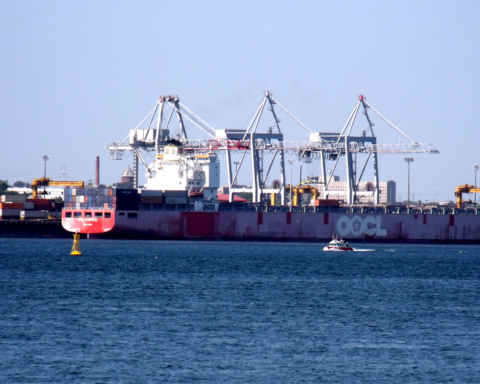If, in Italian ports, the digitization of procedures is gradually gaining ground with examples of excellence in Livorno or Bari, in Hamburg 4.0 technologies (Internet of things – IoT, Blockchain, Artificial Intelligence, etc.) have long been an integral part of everyday life.
Phantian Zuesongdham knows a thing or two, as head of Digital and Business Transformation at Hamburg Port Authority. In the German port, digital innovation is not a simple banner to raise at a vanity fair, but something concrete that has names and surnames, and distinctive processes that have evolved over time: “We invented the Port Community System thirty years ago and it was the first real step we took in the direction of digitization. The port community is cohesive and has been collaborating for some time within the PCS to facilitate the exchange of information between the actors in the supply chain, to simplify procedures and make the flow of goods between the port and the hinterland more efficient and secure”.
In terms of the port, the Port Authority has been able to facilitate the development of ICT by “digitalizing loading/unloading procedures, entry and exit from port nodes and optimizing the goods control processes “. All the useful information, such as the availability of infrastructures and the traffic flow in the port, have been incorporated into the Dynamic Traffic Information Display (DIVA). There are a number of them scattered throughout the Port of Hamburg, and they are available for consultation by all port users.
And then there is the development of 5G, which the port of Hamburg has invested heavily in and is continuing to do so: “In 2018 and 2019 our port of call was one of the first testbeds for industrial applications of the latest generation network in Europe. With the European 5GMoNArch project we explored various ways of applying 5G to logistics-port areas, testing its potential in the field of environmental information detection, real-time communication, or using the new mobile network on an ITS application for the remote control of a traffic light”.
Phantian Zuesongdham, who takes part in the Digital Transport & Logistics Forum (DTLF),on behalf of the Port Authority, knows how important it is today to support the European Commission and international institutions in an attempt to combine logistical and transport efficiency objectives with those of environmental sustainability and security in ports.
The most advanced ports in Europe are opening real innovation clusters, supporting start-ups and organizing the so-called Hackathon events, attended by industry experts, with the aim of increasing the focus on digital business. Hamburg is no exception: “The ITS Hackathon is one of the many activities that the Port Authority promoted in 2019, inviting start-ups, young companies, universities or business incubators to take part in the initiative and to propose ideas on a specific theme that we had chosen to develop: AI. meets ITS“.
According to the manager at Hamburg Port Authority, the event was a success all round: “The first prize was won by a start-up that presented a project focused on the implementation of artificial intelligence in mobility services for the elderly and non-digital natives”.
But all that glitters is not gold: the modernization of transport cycles and processes is also starting to pose many questions. What worries stakeholders and, above all, port workers, is the equation that digitalization would correspond to a decrease in the employment rate. Will digital innovation allow the redeployment of workers now considered to be at risk? Will job losses be compensated for by the creation of new employment opportunities in more skilled jobs? Is the education system in Europe, but especially in Germany, ready for this challenge?
“We still don’t have an answer to all these questions,” says Zuesongdham. “To face the challenges of the future we will need to define a range of new skills for the new generations.”
The objective can only be achieved by defining a new training system: “We need to look for young people as soon as they start their school career, we need to offer them new curricular experiences in a field like ours which is very complex but also very fascinating. We are at the dawn of a great transformation era : we need new ideas, innovation and fresh minds that can shape the future, outlining the new business scenarios that will come into play over the next ten years”.
In Hamburg the citizens, in particular the students, are fully aware of the potential that their port can express: “The locals consider the port as an integral part of their daily life and the Port Authority itself has quite a few contacts with the City Council and the local Ministry for digital innovation in ports. The “Sustainable Port” project is one of the best examples that I talk about willingly when I speak about the relations between the port and the city: it is not unusual for our institutions and stakeholders to meet to discuss how to make the port city more livable and sustainable. After all, this is innovation too”.
Translation by Giles Foster




